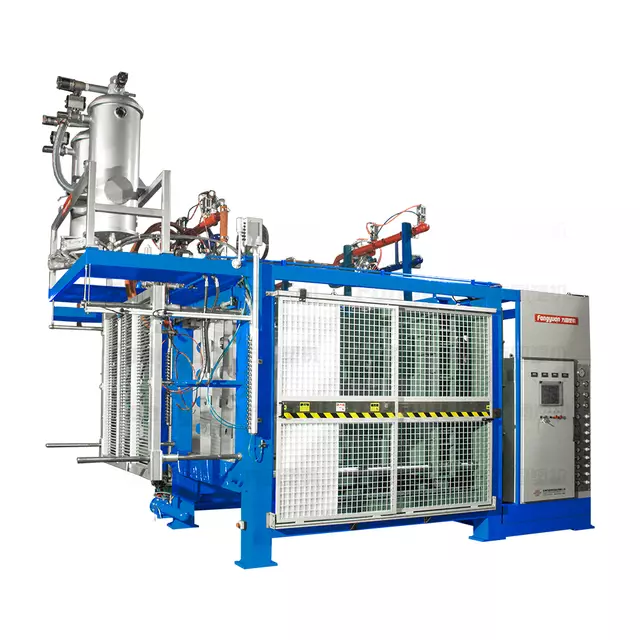ETPU (Enhanced Thermoplastic Unidirectional Elastomer) technology has revolutionized manufacturing processes across various industries. As we continue to explore ways to improve productivity and reduce costs, one key area of focus is automation in ETPU machine operations.
Automation in ETPU machines enables precise control over the production process. It allows for realtime monitoring and adjustment of temperature, pressure, and other parameters that affect the quality and performance of the end product. This precision is crucial in ensuring that materials are molded precisely and meet industry standards.

One significant advantage of using automated ETPU machines is increased efficiency. With minimal human intervention required during the production process, machines can operate at higher speeds and with fewer errors, resulting in a more streamlined workflow. This not only reduces the time it takes to produce parts but also minimizes downtime associated with manual labor.
In addition to increasing operational efficiency, automation in ETPU machine operations also contributes to cost savings. By automating tasks such as material handling and quality control, businesses can optimize their resources and minimize waste. This translates into reduced labor costs, improved quality control, and ultimately, lower production costs.
The integration of automation into ETPU machine operations also fosters innovation. Automated systems allow for the testing and development of new products and processes without the constraints of physical limitations or human error. This leads to faster prototyping stages and quicker introduction of new technologies into the market.
Moreover, the use of automation in ETPU machine operations supports sustainability by reducing the environmental impact of manufacturing processes. By minimizing the need for manual labor, energy consumption is significantly reduced, leading to lower greenhouse gas emissions and a more sustainable supply chain.
However, the implementation of automation in ETPU machine operations also requires careful consideration of safety protocols and regulatory compliance. Ensuring that these systems comply with relevant standards helps mitigate potential risks and ensures safe working conditions for all involved.
In conclusion, automation plays a pivotal role in achieving precision in ETPU machine operations. Its integration into the production process offers numerous benefits, including increased efficiency, cost savings, innovation, and sustainability. As manufacturers continue to prioritize automation in their operations, they must carefully consider the necessary steps to ensure a seamless transition and maintain safety measures throughout the automation journey.
This article aims to highlight the importance of automation in enhancing ETPU machine operations, emphasizing its role in improving precision, efficiency, and sustainability. It explores how automation can contribute to reducing labor costs, optimizing resource usage, and fostering innovation within the manufacturing sector. Additionally, it discusses the challenges of implementing automation while maintaining safety and regulatory compliance.
























 QQ
QQ